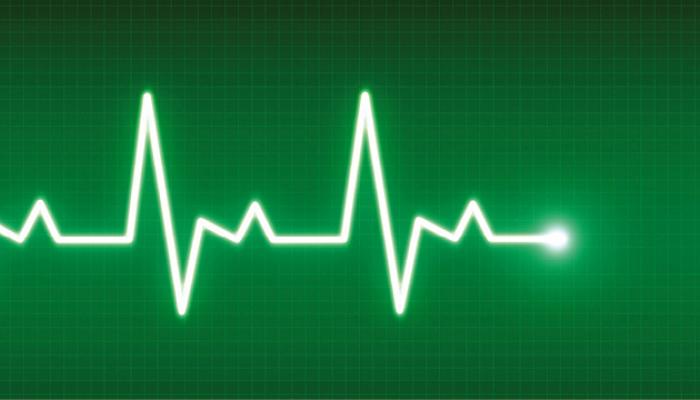
4.41 Andrai all’inferno se ti suicidi?
È molto triste quando qualcuno si sente costretto a commettere suicidio, l’atto di disperazione ultimo. È molto sbagliato mettere termine alla propria vita. Invece di proteggere la vita che hai ricevuto da Dio, metti fine ad essa e commetti un peccato grave. Tuttavia solo Dio sa le ragioni più profonde che hanno portato una persona a compiere questo atto. In quasi tutti i casi, la persona non può essere ritenuta completamente responsabile.
Dio ama anche questa persona, nonostante il suo terribile atto di disperazione. Soprattutto possiamo fidarci dell’amore e della misericordia di Dio, e chiedergli con la preghiera di riservare un posto in cielo a questa persona. Allo stesso tempo, questo mostra quanto è importante sostenere persone che hanno pensieri suicidi, aiutarli a comprendere il valore della vita, che dovremmo proteggere in ogni circostanza.
Se ti stai confrontando con questa situazione o conosci qualcuno che lo sta facendo, fatti aiutare da un servizio di assistenza.
What is forbidden by the fifth commandment?
The fifth commandment forbids as gravely contrary to the moral law:
- direct and intentional murder and cooperation in it;
- direct abortion, willed as an end or as means, as well as cooperation in it. Attached to this sin is the penalty of excommunication because, from the moment of his or her conception, the human being must be absolutely respected and protected in his integrity;
- direct euthanasia which consists in putting an end to the life of the handicapped, the sick, or those near death by an act or by the omission of a required action;
- suicide and voluntary cooperation in it, insofar as it is a grave offense against the just love of God, of self, and of neighbor. One’s responsibility may be aggravated by the scandal given; one who is psychologically disturbed or is experiencing grave fear may have diminished responsibility.
[CCCC 470]
What sorts of attacks on human life are forbidden by the Fifth Commandment?
Murder and acting as an accomplice to murder are forbidden. Killing unarmed civilians during a war is forbidden. The abortion of a human being, from the moment of conception on, is forbidden. Suicide, self-mutilation, and self-destructive behavior are forbidden. Euthanasia—killing the handicapped, the sick, and the dying—is also forbidden.
Today people often try to get around the Fifth Commandment with seemingly humane arguments. But neither euthanasia nor abortion is a humane solution. That is why the Church is perfectly clear on these questions. Whoever participates in an abortion, forces a woman to undergo an abortion, or merely advises her to do so is automatically excommunicated—just as with other crimes against human life. If a psychologically ill person commits suicide, responsibility for the act of killing is often diminished and in many cases comly annulled. [Youcat 379]
How many sad people, how many sad people without hope! Think too of the many young people who after trying out so many things, fail to find a meaning for life and opt for suicide as a solution. Do you know how many young people commit suicide in the world today? A large number. Why? They have no hope. They have tried so many things and society, which is cruel — it is cruel! — cannot give you hope. Hope is like grace: it cannot be bought, it is a gift of God. We must offer Christian hope with our witness, our freedom and our joy. The present offered by the God of grace gives hope. [Pope Francis, Address, 17 June 2013]





